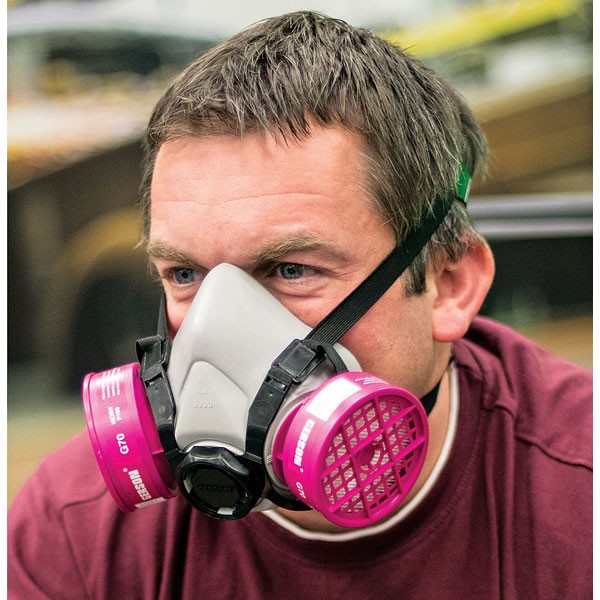
Air Quality a Main Reason for Respirator Mask Fit Testing
Workers across the country are exposed to air-born contaminants every day. From harsh chemicals to dust, dirt, and metal shavings, people have to contend with these conditions, in order to complete tasks correctly and efficiently. For years, the air quality of a workplace was not a cause of concern, but this is no longer the case. Studies have concluded that workplace pollutants are a leading cause of lung cancer and various other respiratory diseases, causing workers to take another look at the quality of the air in the space that they work. Proper mask-fit testing is one of the key prevention methods now mandatory in industries across Canada, in an effort to prevent occupational lung diseases and illnesses. respirator mask fit testing
What is Respirator Mask-Fit Testing?
Respirator Mask-fit testing is the process of training workers on how to use a respiratory mask, including how to maintain the equipment to ensure that it is used properly. The Occupational Health and Safety Act governs the training of N95 half-mask and full-face mask fit tests, so that every worker is trained in accordance to Canadian law and regulation.
Mask-fit testing is designed to help workers find and utilize the best masks for them, as each mask must seal to the skin properly to prevent contaminants from entering the worker’s airways. Workers must be re-certified every 2 years, or sooner if they have gained or lost weight, or have grown facial hair as it could affect how the mask seals to the worker’s skin. If a worker does not comply with the regulations set forth by the Ministry of Labour, they can be faced with a fine, which was the case for a Sudbury worker who lost a legal battle over not maintaining his facial hair.
Types of Occupational Lung Disease and Illness
Occupational lung disease has been a pressing issue for hundreds of years, as farmers coal miners, and construction workers were exposed to chemicals on a daily basis. The banning of certain materials, such as asbestos, has greatly diminished the number of people afflicted with Asbestosis, but still remains to be a concern for workers around the world. Today, with scientific study, occupational lung diseases and illnesses have been identified and linked to certain industries. The National Institute for Occupational Safety and Health (NIOSH), which approves all respirators, provides a list of occupational illnesses that can be prevented by the proper use of Air Purifying and Supplied Air Respirators.
Respiratory health needs to be a main priority in the workplace, as workers can be exposed to harsh chemicals and contaminants every day. There are several measures that can be taken to maintain good air quality in the workplace, but the proper use of respiratory masks can make all of the difference.
Contact our team today regarding respirator mask fit testing to help prevent occupational lung disease from entering your workplace.
Recent Blogs
- What Can I Expect From a Respirator Mask Fit Test?
- Propane Safety Awareness Tips
- Forklift Use in the Workplace
- Respirator Mask Fit Testing FAQ’s
- Electric or Propane Counterbalance
- 5 Tips for a Safe & Productive Workplace
- WHMIS 2015 (Workplace Hazardous Materials Information System)
- Ladder Safety Training
- Preventing Eye Injuries
- National Day of Mourning
- Forklift Safety Training
- Asbestos Awareness and Safety: Compliance and Protection for Ontario Workplaces
- Respirator Mask Fit Testing
- Why Onsite Safety Training Is Popular
- What is a Respirator Mask Fit Test?

